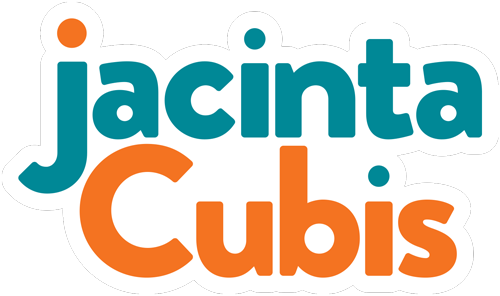Practise what you preach
I’ve found myself in need of practice recently. Practice in practising what I preach that is.
You might recall me saying that I don’t believe that any facilitator can be neutral. But it’s entirely within your control how you react to what someone says. Even if it’s something that you completely disagree with or isn’t true.
I was on the phone having conversations with people who had a completely opposite view to me about a topic I care about. My brief was to listen, have a conversation and make it a positive experience for the person on the other end.
I had seven conversations over two hours during my first-ever ‘phone banking’ shift for the YES campaign last week. Most people didn’t pick up. But those that did had quite a lot to say.
(Aside: am I the last to discover that phone banking is not just something involving passwords, your bank and a device?)
Australians are being asked to vote YES or NO in our upcoming referendum on 14 October. It’s the 45th one since our federation in 1901. Only eight of those 45 have succeeded. We are being asked to vote yes or no to the following proposal:
A Proposed Law: to alter the Constitution to recognise the First Peoples of Australia by establishing an Aboriginal and Torres Strait Islander Voice.
Do you approve this proposed alteration?
Seems clear. I like how Nova Peris-Kneebone, former Olympian and Member of Parliament put it:
‘The Constitution is our birth certificate and we’re not in it.’
Linda Burney, a proud Wiradjuri woman and Minister for Indigenous Australians, said that Australia is the only first world nation with a colonial history that doesn't recognise its first people in its constitution.
To me, that means our land of the ‘fair go’, is an outlier. The referendum is our chance to put this right. But there is a fear mongering ‘NO’ campaign. I don’t want the referendum to fail and that’s why I’m volunteering for the YES campaign.
I’ve heard some pretty outrageous, and even ugly, stuff from the NO side. As my calls started, I thought I was prepared for anything. I’ve facilitated some very polarised groups over the years. I’ve had people shout at me, right in my face. I’ve called them out on their behaviour, but rarely their content, unless it was offensive.
This felt harder. I was not the facilitator. I was talking to my fellow Australians about our future. The stakes were high.
In the face of some outlandish claims (which I’ll spare you), it took all my breath to not try to ‘correct’ them or persuade them. My job was to have a positive conversation. If what they said took my breath away, the best I could do was to mirror back to them what they said. Things like, ‘so it sounds like you believe everyone should be treated equally?’ (read: nobody should have their own special Voice) and ‘so you’re concerned that this might lead to court cases about compensation’.
It was important that they talked more than me. The more they talked, the more likely I could find some common ground (‘yes, it is harder to make ends meet these days’) and invite questions to which I could respond with facts (‘the Voice will not be in parliament, it will be an advisory body to parliament and the government’). You could hear the surprise in the response of a few. They learned something new. My hope is that they might remember it when they come to write ‘yes’ or ‘no’ on the ballot paper.
I wanted to rant and rave against some of what they said. But who would that serve? Certainly not history or our shared future.
A successful call was one where I could answer a question or provide some information new to the person on the other end. And to control my response to what someone said.
Of the seven conversations I had, all were positive, two learned something and I might have helped two sitting on the fence to lean more strongly towards ‘YES’. In this case, that might be enough to be (fl)awesome.
Sketch: dialogue tightrope
How about you? Have you ever had to practise what you preach and found yourself in need of practice? I’d love to hear. It will be a huge help at my next phone banking shift.
Game for Solutions: Learn how to get 30 solutions for 10 problems with 10 people in 1 hour
Are you racking your brain for an activity that will engage your group after lunch? Need an innovative way to help a group collaborate and produce practical results in 1 hour? Do you feel a bit tired with doing the same things? Learn Game for Solutions with me at my 90-minute online workshop, with a maximum of six people. Choose from two sessions: Thursday October 19 4.30pm (AEDT and Friday October 20 9.30am (AEDT). Empower groups, build trust and have some serious fun.
Email me with GAME in the subject field if you'd like to know more.



